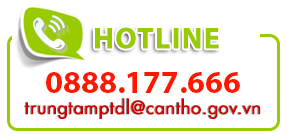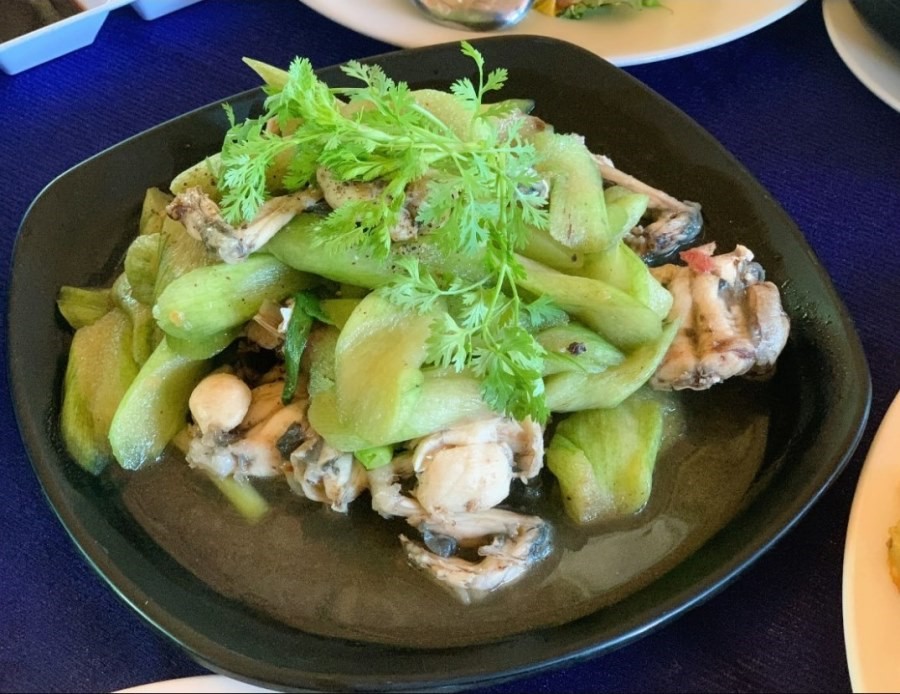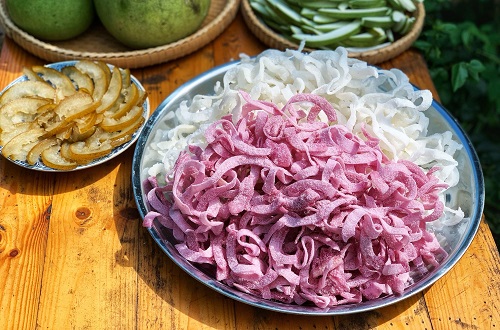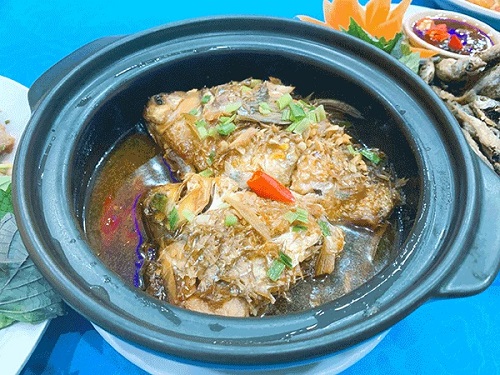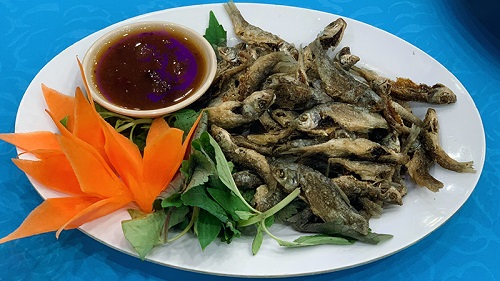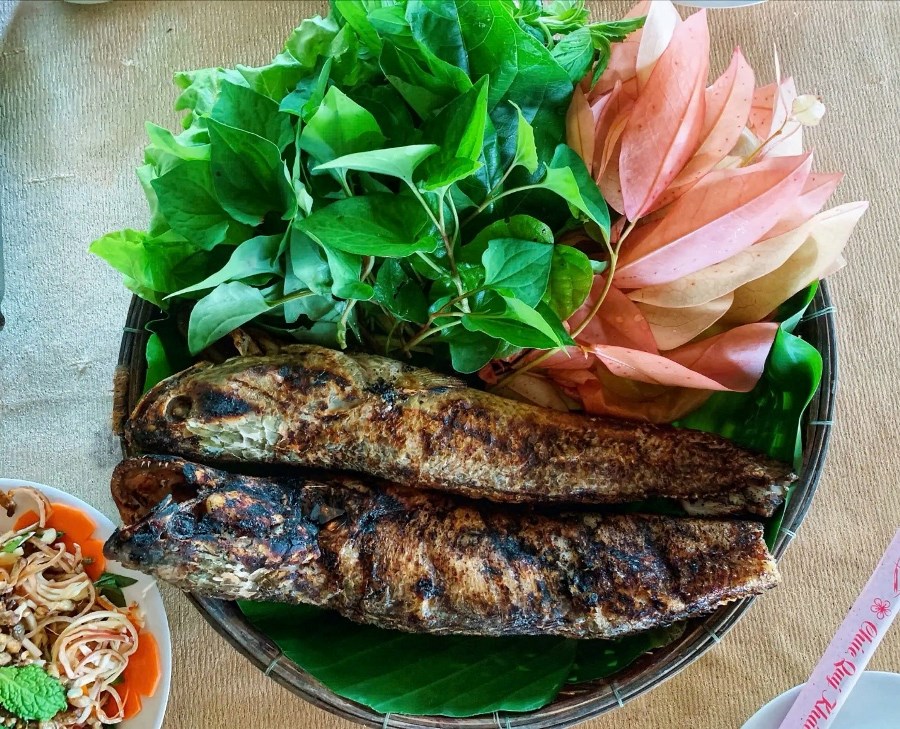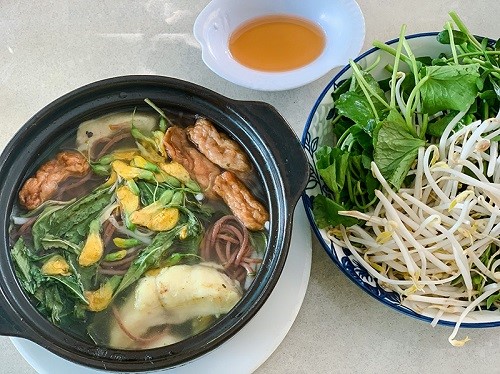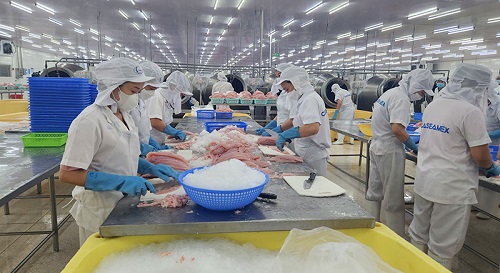
The global Halal market is extensive, holds significant potential, and spans various sectors. By 2024, the number of Muslims is projected to exceed 2 billion, making up nearly 25% of the world's population, with estimates suggesting it could reach about 2.8 billion by 2050. The global Halal economy is anticipated to reach $10 trillion by 2028. Halal products are widespread and found in Muslim and non-Muslim countries, as they adhere to high standards for food hygiene, safety, quality, and environmental protection.
In that context, Vietnam has significant opportunities to develop its Halal industry, making it an essential and emerging sector of the economy. Leveraging its strengths in agriculture, food production, tourism, textiles, and more, Vietnam aims to participate effectively in the global Halal market. The country benefits from an open market with 17 free trade agreements (FTAs), including several modern, regional, and inter-regional contracts that have been signed.
Additionally, the government, various ministries, and local authorities actively promote policies, strategies, and legal frameworks to support the Halal industry. On February 14, 2023, Prime Minister Pham Minh Chinh launched the project on strengthening international cooperation to build and develop Vietnam's Halal industry by 2030. Furthermore, on April 24, 2024, the Ministry of Science and Technology announced the establishment of the National Halal Certification Center (HALCERT), which aims to unify state management in Halal certification and facilitate these certification activities throughout Vietnam.
In addition to the plenary session, the discussion sessions at the conference centered around two key topics: Promoting internal strength to build Vietnam's Halal industry - potential and orientation, and Promoting international cooperation to develop Vietnam's Halal industry - opportunities and prospects.
During the conference, Prime Minister Pham Minh Chinh highlighted the significance of the event, which contributes to guiding the development strategy for Vietnam's Halal industry, opening up new business and investment opportunities, and promoting economic, cultural, and people-to-people connections between Vietnam and other countries through Halal products and services. Moreover, by participating systematically and effectively, Vietnam can tap into the potential of the Halal market, fostering new momentum for sustainable economic development.
The official also emphasized five important and profoundly humane implications of Vietnam's participation in the global Halal market:
1. Connecting Vietnamese people with individuals from other countries, including those from Muslim nations.
2. Linking Vietnam with the world through Halal products.
3. Integrating Vietnam's economy with the global economy.
4. Bridging Vietnamese culture with the culture of Muslim countries, especially in terms of culinary traditions.
5. Promoting the development of a more robust, more comprehensive, professional, and inclusive Halal industry in Vietnam to actively participate in the global value chain.
To capitalize on Vietnam's advantages and promote international cooperation in the industry, Prime Minister Pham Minh Chinh emphasized the need to encourage collaboration in sharing information and experiences, boost negotiations and signing of agreements, memorandums of understanding on cooperation, and those on mutual recognition regarding Halal certification; encourage regional and international partners to invest and do business in Vietnam; increase the introduction and promotion of Vietnamese Halal products, services, and brands along with the opening of markets; and foster people-to-people exchanges, cultural cooperation, and mutual understanding.
Source: Cantho News - Translated by Hoang Dat






